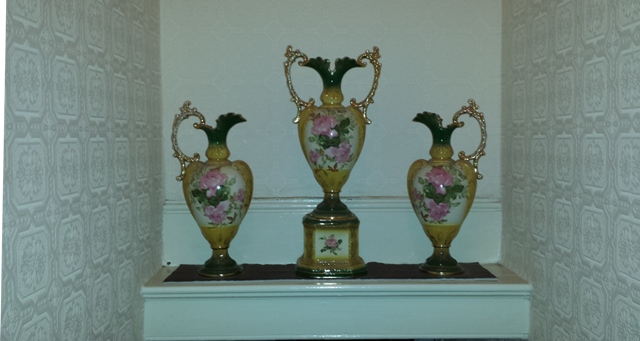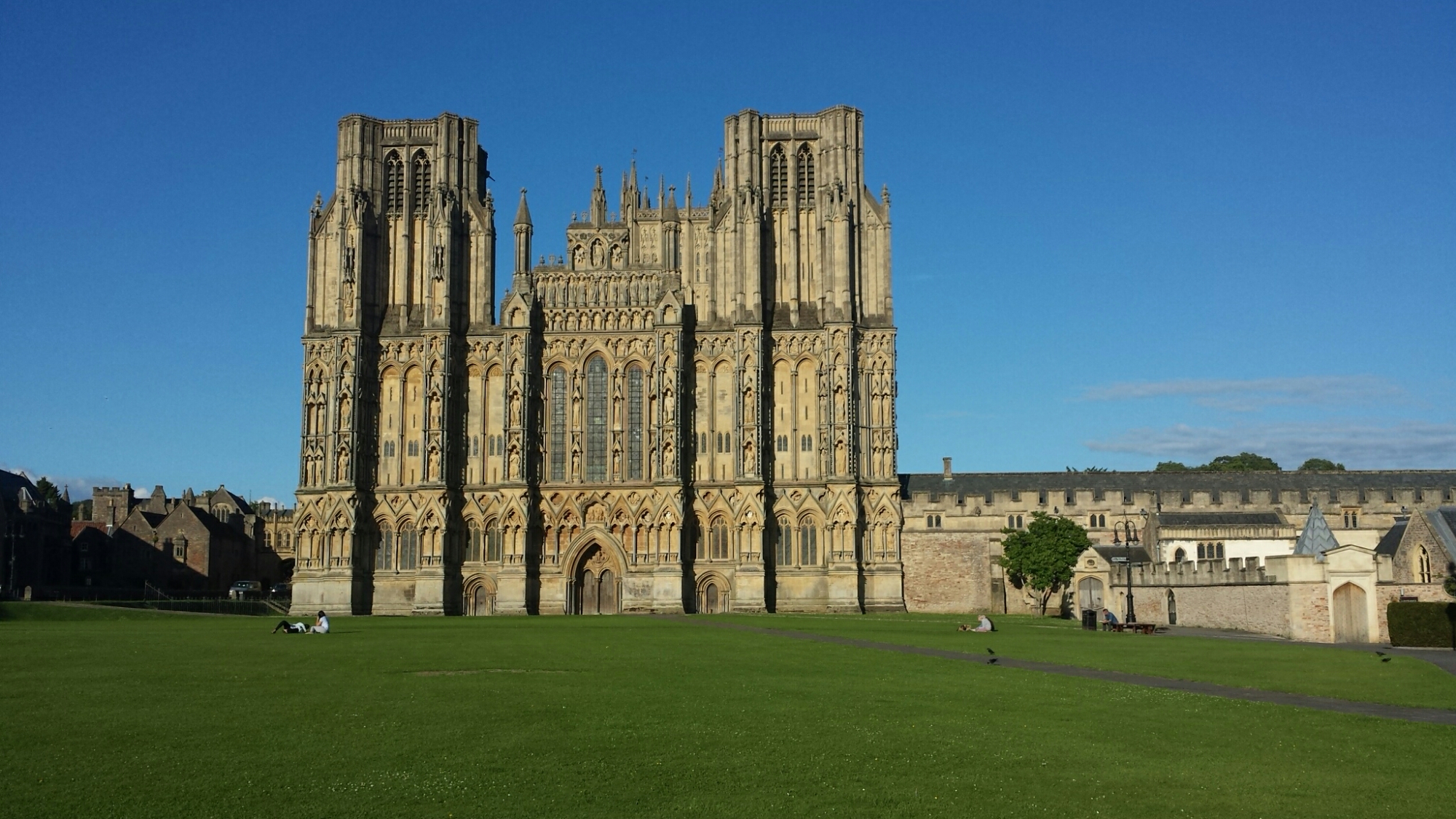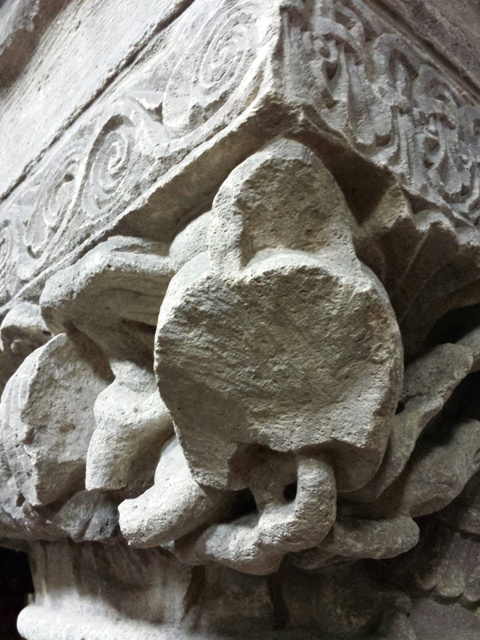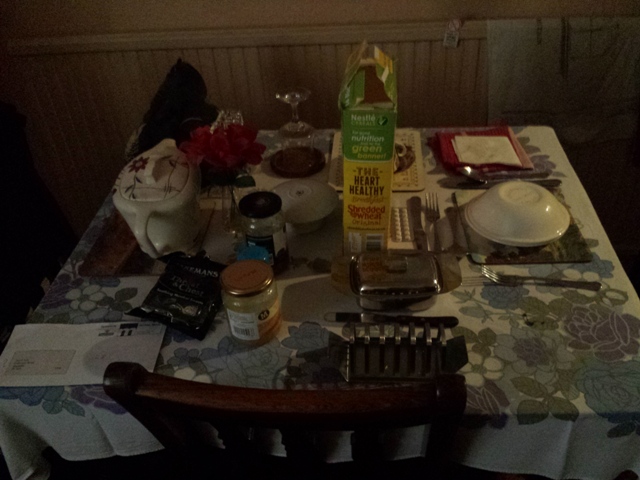18 July 2014
Queens Road neighbourhood centre Halifax
Carl and I drove up to Halifax. I set my phone to satnav and followed the instructions and as we drove up Hopwood Lane we began to see Roma Halifax people walking down the road’s and side streets. Halifax is an impressive town when approached from the right direction. The route we took brought us into the new part of the centre of town to begin with but as we skirted the Victorian town and moved up Hopwood Lane it was clear that the area had been wealthy at some point. There were walls suggesting decorative gardens had lain behind him at one point and the road was wide. Further up more and more terraces began to appear with narrow cobbled lanes between them. The buildings were of an apparent high quality, made of a cut stone rather than the brick we see here in Sheffield. As well as Roma people there were lots are being called South Asians as well. The area didn’t give off a sense of prosperity at this point but my first impression was not one of great poverty. I think it is the apparent quality of the housing which gives that impression. Overall Halifax does not have the impression of a failing city. I say this in the context of the journeys I made into a number of the northern Lancashire mill towns where the dilapidation of the city centres was so evident. Halifax sits in very beautiful steep sided valleys and the hillsides, presumably once entirely to needed of trees, are now richly clad in small forests which make the views from the town quite exceptional in places. The main Victorian town centre sits on an easterly facing slope which must make it cold in winter. In the bottom of the valley runs the railway line and on the hillside above it a dark green coniferous woodland.
We were heading for the Queen’s Road neighbourhood centre. This too is an extremely impressive building. I met the caretaker bust I was there and the building had been erected in the 1860s as a school, not a church school but a school provided by the civic authorities. It differed from the sorts of schools I have seen in Sheffield in that it looked more like some sort of all-night greenhouse. It had very high windows along the whole frontage which stretched a good 60 m. There were two wings to the building which stood proud of the main facade which was entered through a very tall and light main door. Once inside the impression of space and light was not diminished and it was ugly inexplicable to me as I entered what this building must have been like. Very cold is one thing for sure. The caretaker said that originally it had been heated entirely by coal although a boiler system had been put in place around 1900. He said that the building had been put up by the town council on a site which at the time had an income but use across the and onto the hills beyond, facing eastwards towards the rising sun. He said that the front courtyard which must have been almost half an acre had originally been paved entirely with Yorkshire stone. Into this Yorkshire stone had been cast a map of, I think it was Britain, rather than just England, with all of the detail showing the various ports and major cities, natural features carved into the stone as well. He said that the council had taken these paving slabs up and reused them in the town centre turning them upside down. What a waste he said, can you imagine what sorts of heritage was destroyed at this point?
The building is clearly used now by a large variety of community groups and the houses a Council service which is taking the brunt of organisational issues in this area which are resulting from a great increase in the Slovakian Roma population over the past three or four years. We were told to go down a corridor to the left and in the corridor were sitting probably 10 men and women. Two or three of these appeared to be of Pakistani origin, one of them an older man in very traditional costume with a short beard. The majority of the people were Roma. Quite how Roma people are recognised is almost impossible for me to write about. It has to do with people’s clothes and it has to do with the way that their clothes fit their bodies. This feels uncomfortable to write down even in an effectively private sector fieldnotes. But at the same time Pakistani people are recognised, to an extent, by their clothes and the way their clothes fit their bodies. With Roma people the clothes they are wearing show their bodies. Although this is not any sort of rule. Roma people like everybody else vary from very very thin people to very large people. The clothes worn by the Slovakian Roma are distinctive space-space they tend to wear a variety of sportswear, it is not uncommon for men to wear long nylon/silk shorts and very common to wear some sort of sports or running shoes with socks. By and large the men are stocky and very muscular. They are not highly toned but have extremely powerful upper bodies. However they do not exclude any aggression in my experience although I would be naive to imagine that aggression and physical encounter is not a feature of the life for both Roma men and Roma women. The women to our heavily built and often very strong looking. However there are also extremely thin men and women too.
We were meeting with Janice Dawson who works as some sort of council employed community or neighbourhood officer. The area is known as the Park Ward it and extends for a square mile also to the north of the town centre and consists of a number of heavily populated terraced and back-to-back housing areas interspersed with small scale manufacturing or brownfield sites. Driving through I saw there was a mosque and I was told that the area had been populated in the post war years, the 1950s, by Italians and Ukrainians coming to work in the mills. This was followed by the arrival of the South Asian population who became the predominant group in the area. Over the last four years there has been a dramatic transformation and Janice was keen to emphasise how quickly and the astonishment at this taking place. The issues the area faced she said were the same as were probably faced in Rotherham or Sheffield. Issues with the number of school places particularly in the primary system. Demands on health care systems. Concerns about trafficking and prostitution.
She said that they had made a short to DVD at the centre. She had found a Roma Flag or possibly a poster of the flag and put it up at the centre in the hall. She had noticed that people stopped in front of the flag and said pointing at it I am Roma, we are Roma. She realised that it might be helpful to allow people to identify as Roma saying that initially people were frightened, or appeared to be frightened as far as she was concerned, to say they were Roma. The DVD is available on the website.
http://hxcentral.com/ward-forums-other-meetings/projects-in-park/
The centre hosts a variety of council services. The first person to whom I spoke in the office was Shakeela Zaman. At first she appeared to be diffident, and I felt that I was stepping on her toes asking to meet with Janice. However this turned out not to be the case at all and once we had made contact with Janice, who was an extremely if you so friendly and welcoming person, Shakeela also became extremely open and friendly. The office atmosphere was one of humour and gentle ribbing. That there were obviously pressures in the office as well. Janice made a point that during the drop-in which was taking place that day people might turn up from the Roma community with a huge variety of issues some of which were extremely difficult to deal with. She made the point which was corroborated by the other people in the office that it tended to be on a Friday afternoon that the most difficult issues would arrive, the implication was that these were issues connected with trafficking and all prostitution or some form possibly of abuse. In no way it was she trying to suggest that these were slowly problems connected to a Roma population which she clearly saw as a population with a large number of positive attributes. She has been quite clearly very moved by getting to know this group of people and reminding me of the people I have met in Rotherham she was a very clear working-class socialist.
Here is the email I sent to Janice following our meeting:
Hi Janice,
This is what I guess I do as well as be nosy! I keep minutes…
Our discussion today which both Carl and I found really helpful and encouraging – many thanks – consisted of the following points/ideas which you are going to try chase up one way or another! Each one is a photo possibility either at the Queen’s Road centre or elsewhere?
NOTE: we are coming to Community Iftar on 24th so if poss to set up some of the photo opps on the Thursday afternoon from – say – 15.00 onwards (could be there at 13.30 at earliest)
DONE
1. STAN FAKO – done!
2. KAREL – setting up as self employed carpet cleaner – done
TO DO
3. LUCAS – young man with Uni place in London
4. IVAN – Lucas’ brother involved in a Roma Matrix funded initiative and within that doing voluntary work at Credit Union
5. RAHILA – working with a Young Roma Youth Service
6. HALIFAX ROMA GROUP – recently constituted and possibly willing to be photographed
7. COLLAGE – gather together past images of Roma and mixed groups – send digital files to Carl for him to make a selection edit – include such a collage in local exhibition
8. EXHIBITION –in the Queen’s Road building in late/mid November 2014?
9. COMMUNITY IFTAR – Carl and Tim to attend on Thursday 24th
Best
Tim and Carl
Stan Fako was the Slovakian speaking or perhaps speaking worker at the centre. Czech I think he was only partly Roma possibly on one side. With Janice I had a discussion about the issues surrounding the use of non-Roma workers and the attitudes of ethnic Slovakians and Czechs towards the Roma. She understood exactly what I meant and cited an incident in which a worker had been sacked once it was realised that they were belittling and laughing at a class of Roma children acting out I think some sort of Christmas pageant. The Slovakian worker was at that time sniggering and saying what is the point into them doing this they don’t have any sort of religious beliefs or anything they are just ignorant. This person was immediately sacked. Carl photographed Stan when he was talking to firstly one young man who I briefly spoke to afterwards in my very poor and broken Romani. Secondly Carl photographed him speaking to Karel. Karel is setting himself up to be a self-employed carpet cleaner and was filling in some forms while Stan helped search for some cleaning equipment online for him. Karel had some English although it was very limited. Shakeera Immediately said that if he was starting as a carpet cleaner she would give him a go because currently she had to send her carpets of to Huddersfield to get them cleaned.
I went into the corridor while Carl was taking these photographs and tried to introduce myself to 3 Roma people sitting waiting outside. All of them turned out to be from the Czech Republic. The woman had skin which looked as if in some way it was smudged. She didn’t really respond either to write English nought to my attempts at Romani but one of the men dead and engaged with me in a really friendly fashion as if I were a visitor in a foreign country. He had what looked like a very damaged right of eye, glazed and partly white.
This notion of what it is like to learn the language has been very important to me in the past couple of days. I am having great problems learning the language because I have no immediate interlocutors where I am living, by which I mean on my street. Also I noticed that the Roma people I meet, by and large do not appear to have a great interest in my learning to speak their language. I contrast this with the passion with which people in Turkey, including the Roma, were excited that I was trying to speak their language. Is this a normal reaction of a migrant community? That they do not feel comfortable with someone trying to speak their language? Or is it something partly to do with the Czech republic and Slovak people who have some sort of what almost feels like a complex in that approach to speaking English?
I’ve also been thinking about the way that Roma people feel like a people on the move. When a Pakistani person moves or a Greek person moves or an Italian they leave behind their country and come to another country where they live and settle maybe keep or possibly allow their particular identity to gradually be assimilated. The Roma however do not leave the country behind but bring a country with them. They are their country.






